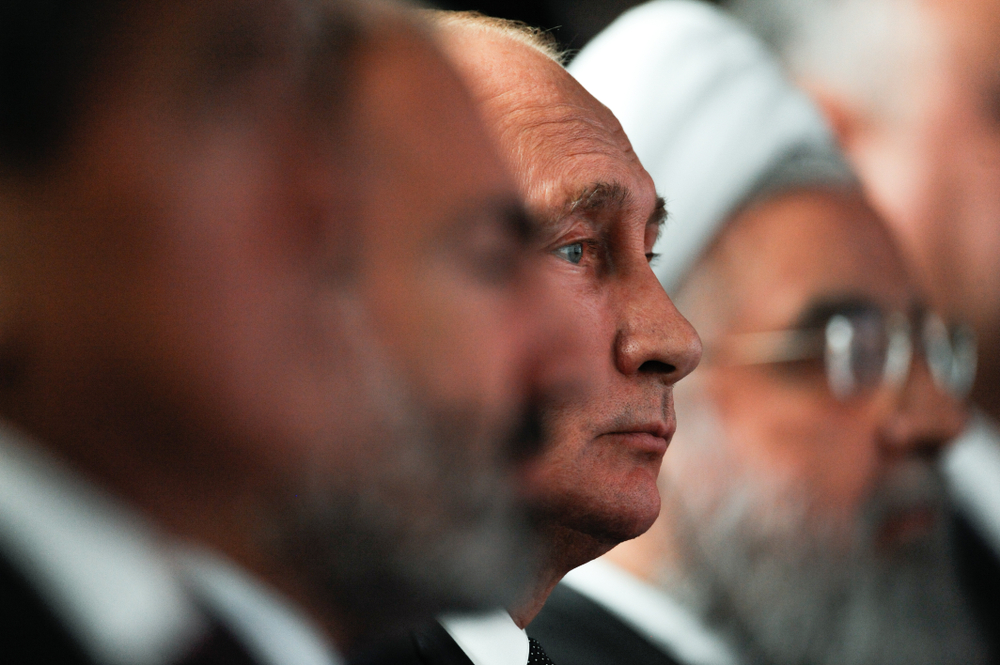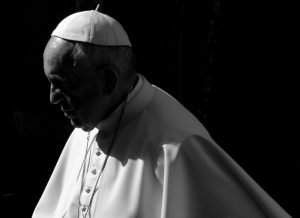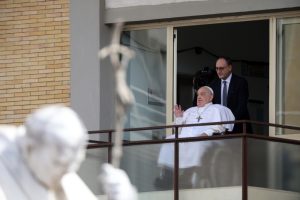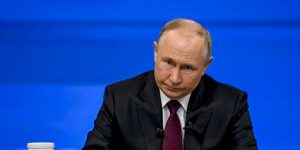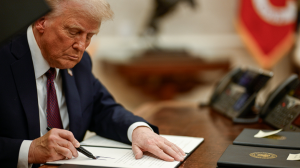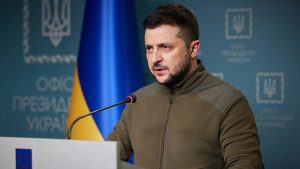Armenia, traditionally seen as a staunch ally of Russia, has recently announced its intention to host a joint military exercise with the United States. This move, scheduled for later this month, is seen by many as a significant shift in Armenia’s foreign policy and a potential snub to Russian President Vladimir Putin.
Others are reading now
The joint exercise, aptly named “Eagle Partner 2023,” aims to prepare Armenian forces for participation in international peacekeeping missions. The event, spanning from September 11 to 20, will involve 85 US soldiers and 175 Armenian troops. This collaboration is particularly noteworthy given Armenia’s deep-rooted ties with Russia, stemming from its history as part of the Soviet Union and its current involvement in various Russia-led international consortiums. Furthermore, Armenia is home to a Russian military base.
However, the relationship between Armenia and Russia has shown signs of strain in recent years. A notable point of contention arose when Armenia sought assistance from the Collective Security Treaty Organization (CSTO) – often viewed as Russia’s answer to NATO – during its border skirmishes with neighboring Azerbaijan.
The CSTO’s reluctance to provide military support left Armenian Prime Minister Nikol Pashinyan deeply disappointed. Pashinyan publicly criticized the CSTO’s lackluster response, describing it as detrimental to the organization’s reputation both domestically and internationally. This discontent was further highlighted when Pashinyan physically distanced himself from Putin during a summit and even refrained from endorsing a draft declaration.
Pashinyan’s frustrations didn’t end there. Earlier this year, he hinted at the possibility of Armenia exiting the CSTO if the alliance’s benefits to the nation weren’t evident. In a bold move, Armenia also scrapped planned military drills with Russia. Pashinyan went on to clarify that Armenia did not view itself as Russia’s ally in the conflict with Ukraine, suggesting that the nation felt caught between the interests of Russia and the West.
Also read
The broader geopolitical landscape has also influenced Armenia’s stance. The recent Russian invasion of Ukraine has sown seeds of doubt among former Soviet states regarding Russia’s reliability as a protective ally. Some even fear becoming potential targets for Russia. This invasion has inadvertently weakened Russia’s grip on the region, paving the way for other powers like China and Turkey to enhance their influence.
Experts, including Thomas Graham from Yale University, believe that Russia’s actions in Ukraine have exacerbated the frustrations of former Soviet states. Jaroslava Barbieri, a specialist in Russian and post-Soviet affairs at the University of Birmingham, opined that Russia’s reputation as a regional security provider has suffered considerably.
The Kremlin, naturally, has expressed concerns over these developments. Dmitry Peskov, the Kremlin spokesman, emphasized the need for a thorough analysis of the situation, especially given the current geopolitical climate.

